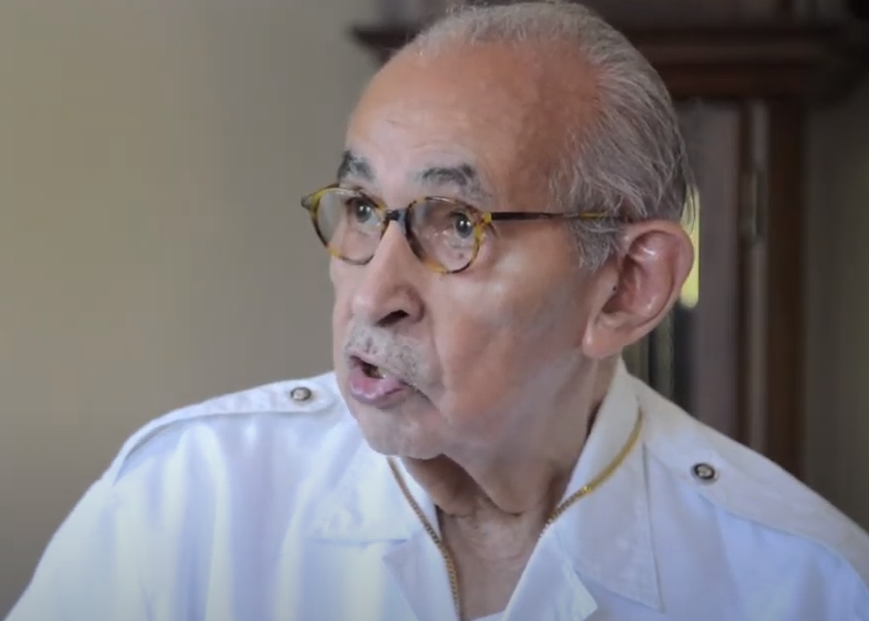Civil rights leader disagreed with critical race theory

President Donald Trump has placed critical race theory front-and-center during the 2020 presidential election cycle. This was clearly evident during his remarks to promote a “pro-American” education curriculum and a separate declaration to ban critical race theory-based trainings in federal agencies.
Known by the acronym CRT, critical race theory is an ideology which claims that America’s laws and legal institutions are “inherently racist,” as the Encyclopedia Britannica noted. “Race itself, instead of being biologically grounded and natural, is a socially constructed concept that is used by white people to further their economic and political interests at the expense of people of colour,” the encyclopedia added. The theory was allegedly launched in 1989, although “its intellectual origins go back much further, to the 1960s and ’70s.”
It is a theory steeped in Marxist ideology and identity politics, so much so that a prominent civil rights leader publicly opposed its tenets. According to a former colleague, the late Dr. Wyatt Tee Walker was opposed to the tenets of critical race theory. Dr. Walker was a trusted colleague of Martin Luther King, Jr. and had been an instrumental leader during the anti-segregationist civil rights movement in the 1960s. He was the co-founder of the Congress of Racial Equality (CORE), a chief of staff to MLK Jr., and also compiled and named King’s famous “The Letter from Birmingham Jail.”
Walker co-authored an essay in 2015 which blasted critical race theory as “the increasingly fashionable post-Marxist postmodernist approach that analyzes society as institutional group power structures rather than on a spiritual or one-to-one human level — are taking us in the wrong direction: separating even elementary school children into explicit racial groups, and emphasizing differences instead of similarities.”
The essay continued, “The answer is to go deeper than race, deeper than wealth, deeper than ethnic identity, deeper than gender. To teach ourselves to comprehend each person, not as a symbol of a group, but as a unique and special individual within a common context of shared humanity. To go to that fundamental place where we are all simply mortal creatures, seeking to create order, beauty, family, and connection to the world that — on its own — seems to bend too often towards randomness and entropy.”
In other words, Walker agreed with conservatives and parents that critical race theory divides American society into identity politics spheres. He believed that critical race theory’s core belief stems from Marxism, the ideology that emphasized a collective society without individual liberties, freedoms, or uniqueness.
Although Walker passed away in 2018 at the age of 89, his opposition to critical race theory should be heeded by the current crop of left-wing activists and elites.




